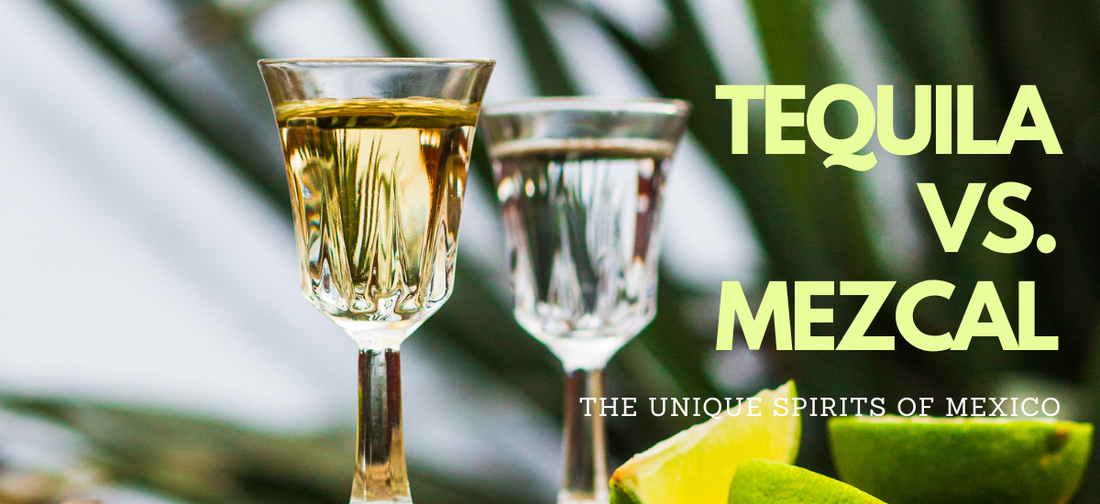- Agave Varieties: Tequila is made exclusively from the Blue Weber agave (Agave tequilana), primarily cultivated in the Jalisco region of Mexico. Mezcal, on the other hand, can be crafted from various agave species, including Espadín, Tobalá, and others. This diversity of agave varieties contributes to the wide range of flavors found in mezcal.
- Production Regions: Tequila production is limited to specific regions, mainly Jalisco and a few other Mexican states. Mezcal, however, can be produced in several states across Mexico, with Oaxaca being the most renowned and traditional region. The geographical variations in soil, climate, and terroir contribute to the unique characteristics of each spirit.
- Production Process: Tequila production follows a standardized industrial process. The agave hearts, or piñas, are typically baked or steamed in above-ground ovens before being crushed, fermented, and distilled. Mezcal, on the other hand, embraces a more traditional and artisanal approach. The piñas are roasted in underground pits lined with volcanic rocks, imparting a distinct smoky flavor. The crushing is often done by a tahona (stone wheel) or with a mallet, and fermentation can utilize wild yeast. These differences in production methods contribute to the contrasting flavor profiles of tequila and mezcal.
- Smokiness and Flavor Profiles: While tequila generally exhibits a clean and crisp flavor profile, mezcal stands out with its pronounced smokiness. The roasting process in underground pits gives mezcal its characteristic smoky, earthy, and sometimes even savory notes. Tequila, in contrast, tends to be fruitier and more herbaceous, with agave sweetness shining through.
- Denomination of Origin: Both tequila and mezcal have protected denominations of origin, ensuring that they are produced in specific regions according to established regulations. Tequila must be made in designated areas, while mezcal production is permitted in several states across Mexico. These designations protect the authenticity and cultural heritage of these spirits.
- Cultural Significance: Tequila and mezcal carry cultural significance in Mexico. Tequila is often associated with celebration, parties, and the vibrant Mexican culture. Mezcal, on the other hand, has deeper roots in traditional practices and rituals, and it is often regarded as a spirit with a more artisanal and mystical character.
Tequila and mezcal may both fall under the category of agave spirits, but they have distinct identities shaped by their production methods, agave varieties, flavor profiles, and cultural significance. Tequila embodies the spirit of celebration, while mezcal represents tradition, craftsmanship, and a smoky allure. Exploring the nuances of these spirits allows us to appreciate the rich heritage and diversity of Mexican agave-based libations.
Whether you prefer the clean and fruity elegance of tequila or the smoky complexity of mezcal, both offer unique experiences that showcase the artistry and flavors derived from the agave plant. So raise a glass, savor the distinctive profiles, and immerse yourself in the captivating world of agave spirits. ¡Salud!

